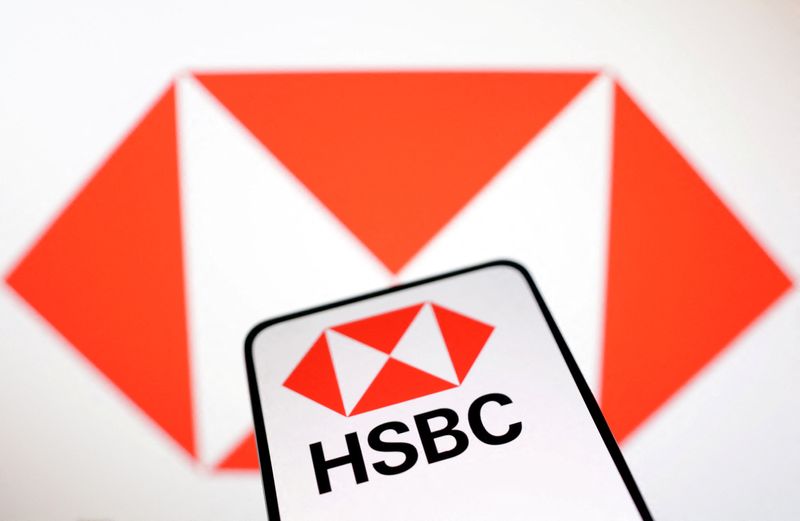(Reuters) - The growth in euro zone's gross domestic product (GDP) may come under pressure as corporates ease the pace of investments due to higher borrowing costs, HSBC (LON:HSBA) economists said on Tuesday.
The global bank expects rising interest rates to shave off more than 1% of euro zone's GDP by 2025.
HSBC, however, forecast a "smaller impact" to the British economy as a large chunk of corporate debt is now accounted for by 'bounce back' loans - government-guaranteed programs to help struggling small businesses hit by COVID-19 era lockdowns - fixed at the rate of 2.5%.
A recession in Europe is "certainly possible," HSBC said. However, the corporate sector will not tip the euro zone economy into one, as "fairly healthy" balance sheets limit the risk of businesses going bust, it added.
"The impact has been delayed because, while debt costs are rising, firms are also earning more interest on their deposits which ballooned as a result of subsidies during the COVID-19 pandemic," said Chris Hare, the lead senior economist at HSBC.
HSBC points out that fast-growing lending rates matter more to European businesses than their U.S. counterparts, as bank loans make up the vast majority of European corporate debt compared to U.S. companies.

"But 'excess' deposits are waning and we see the bulk of the interest rate headwinds emerging over the rest of this year and next," Hare added.
The euro zone returned to growth in the second quarter of this year, with a greater than expected expansion after narrowly avoiding a technical recession around the turn of the year.